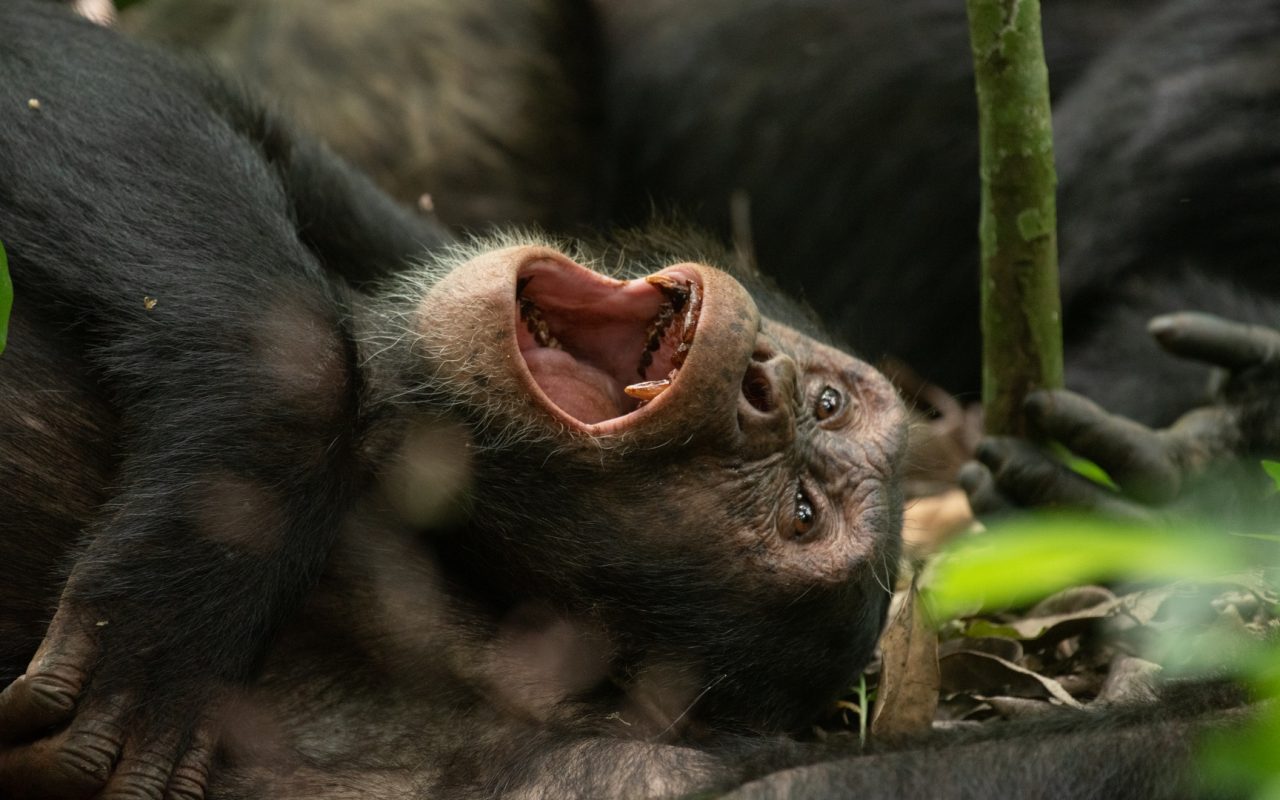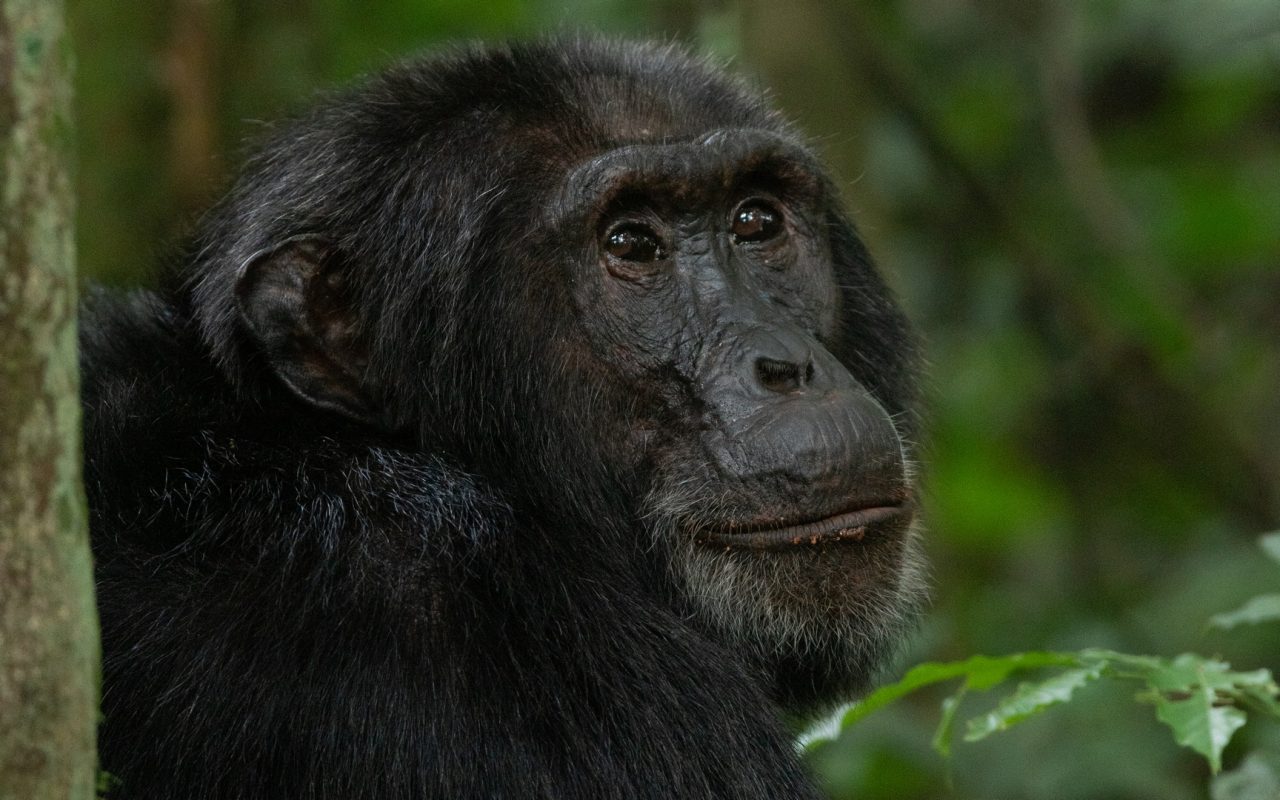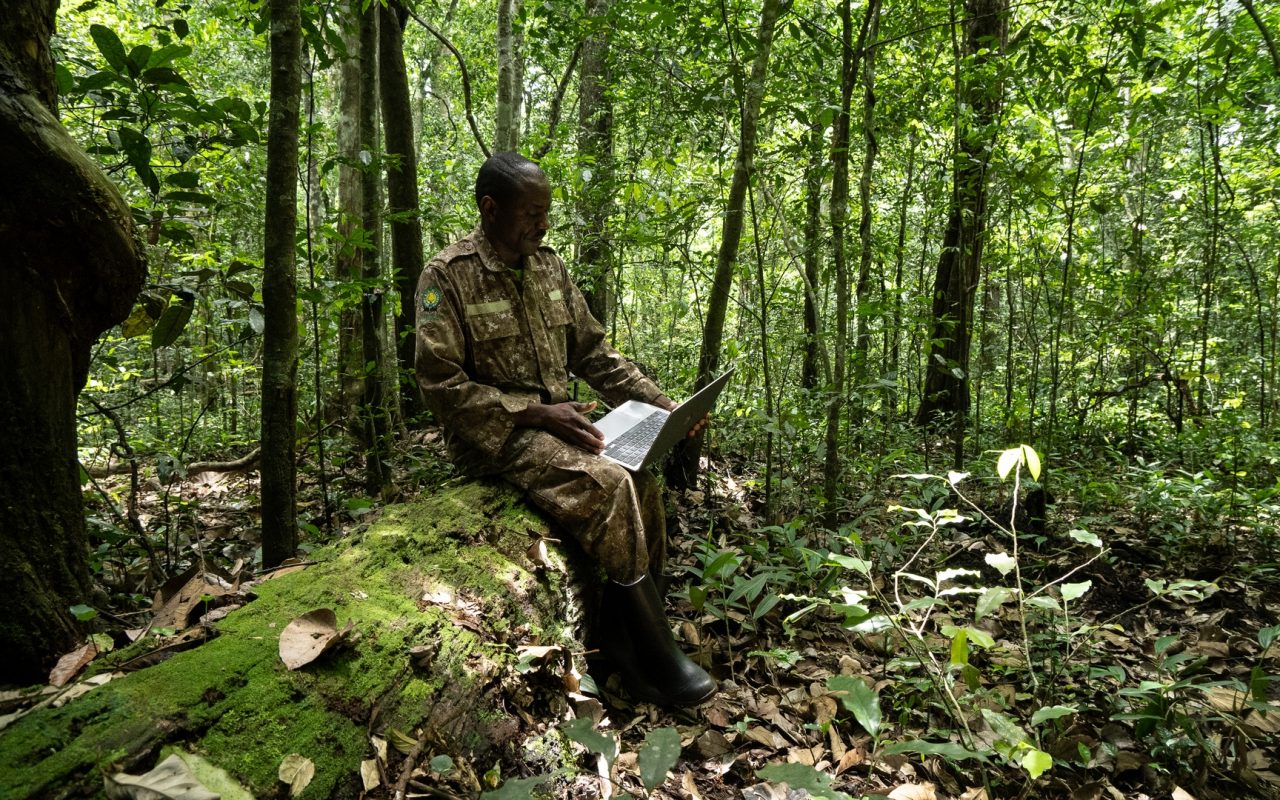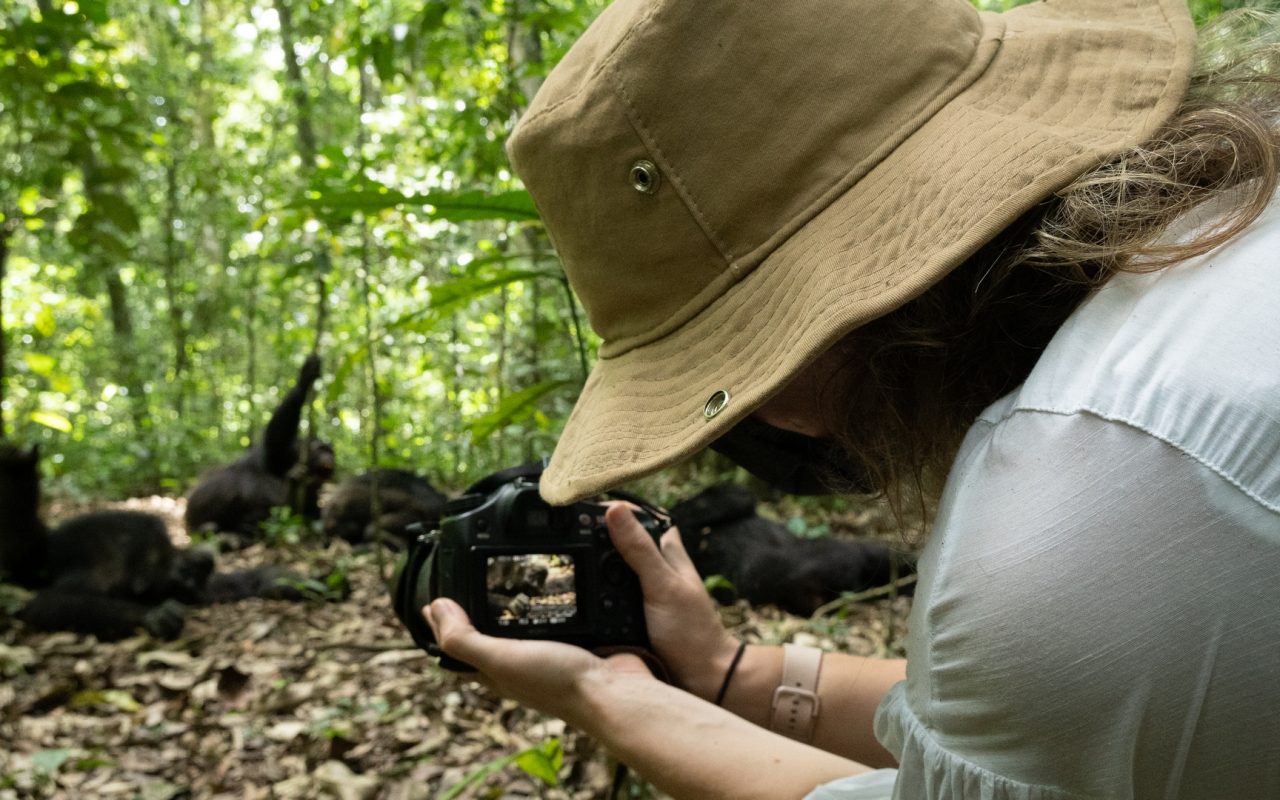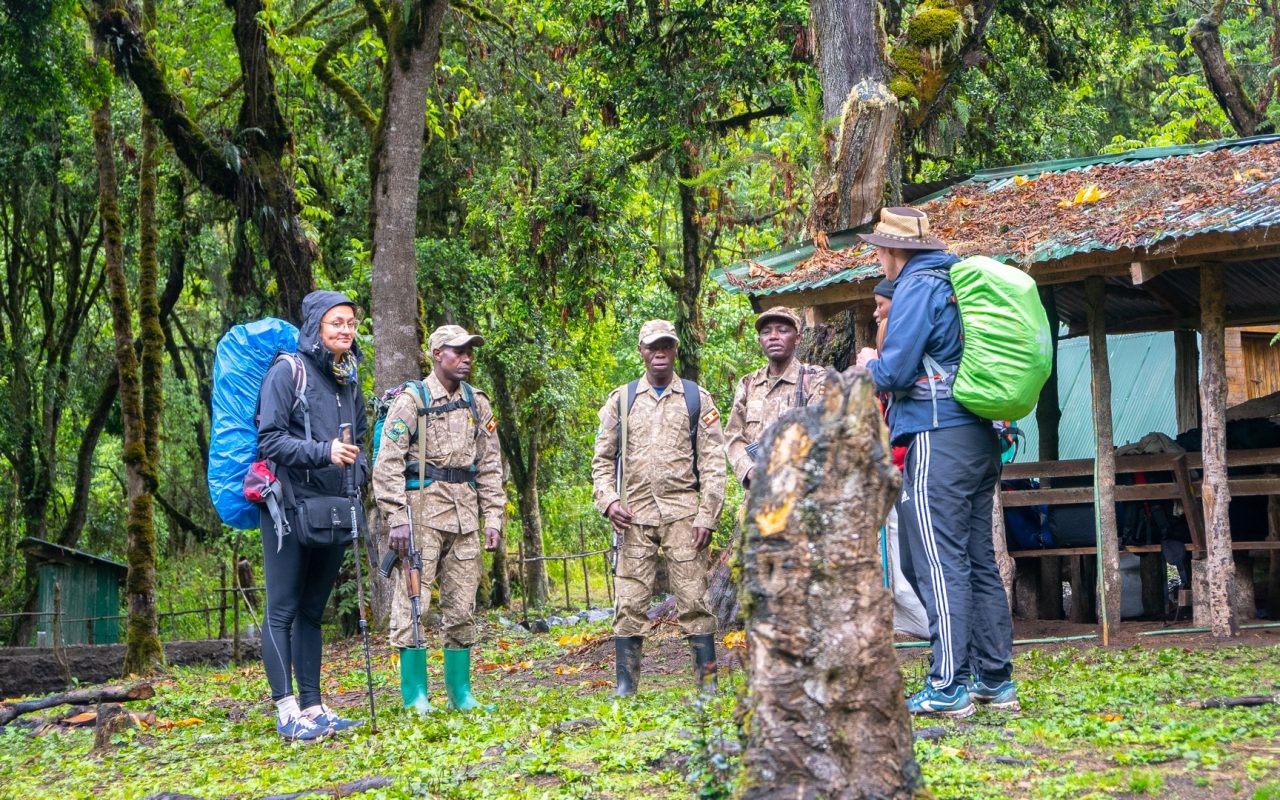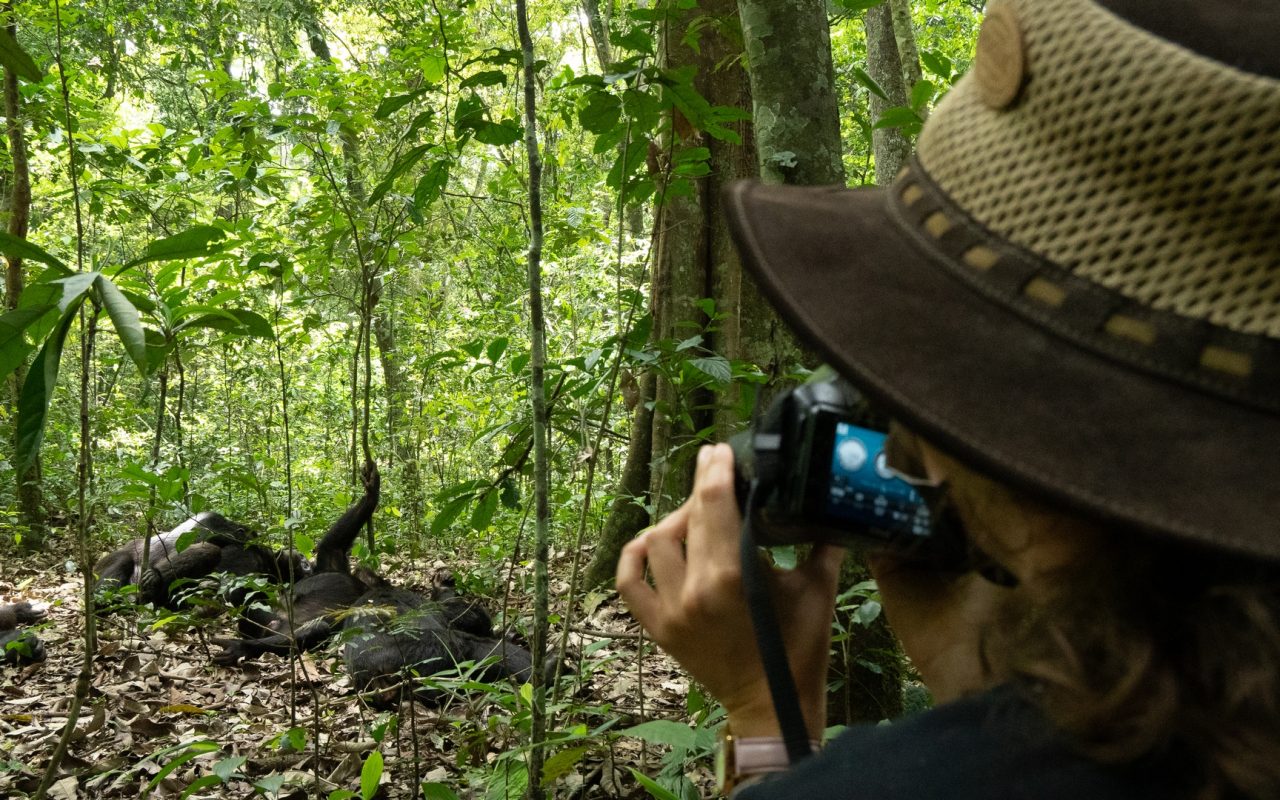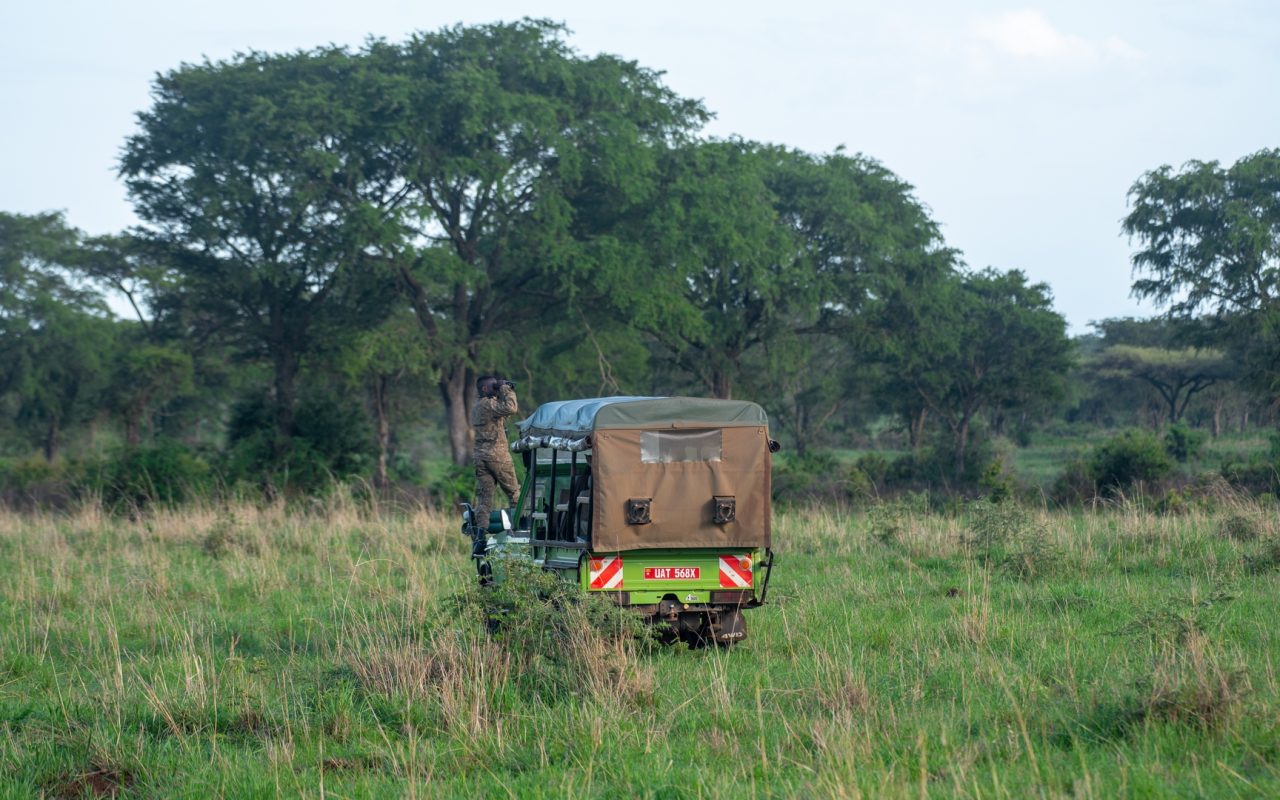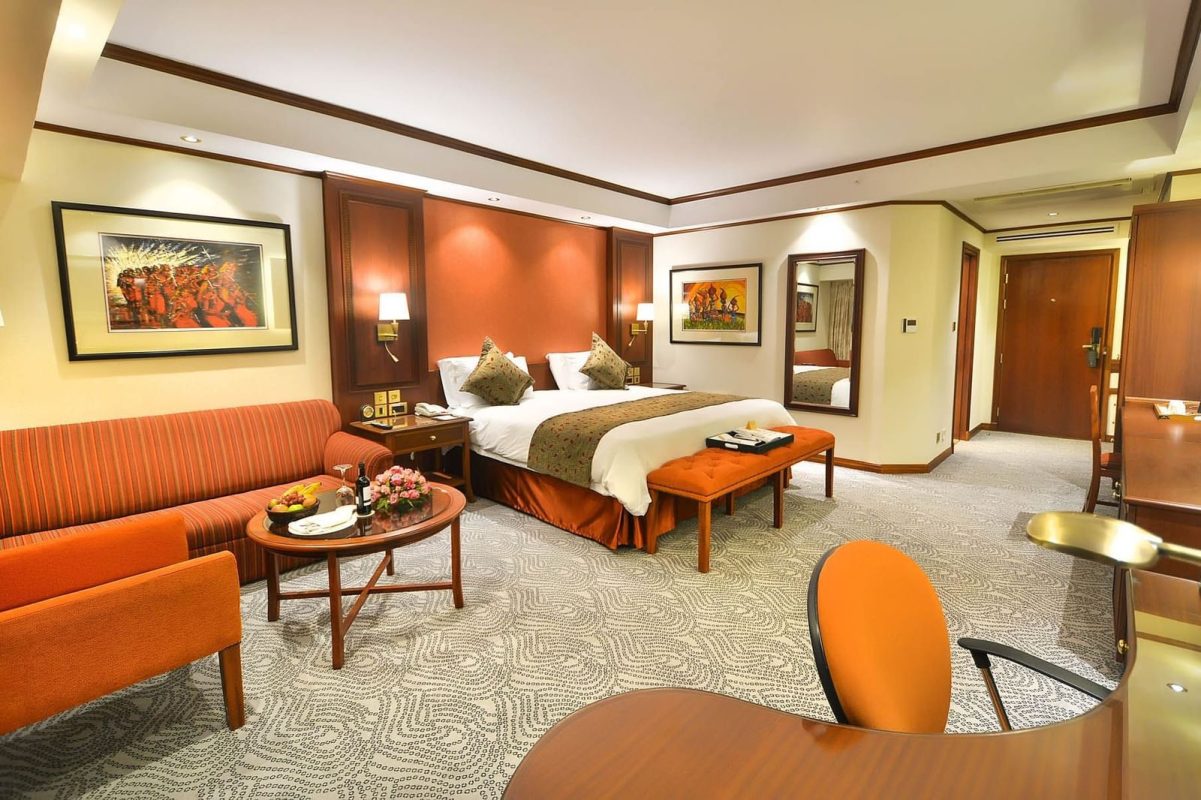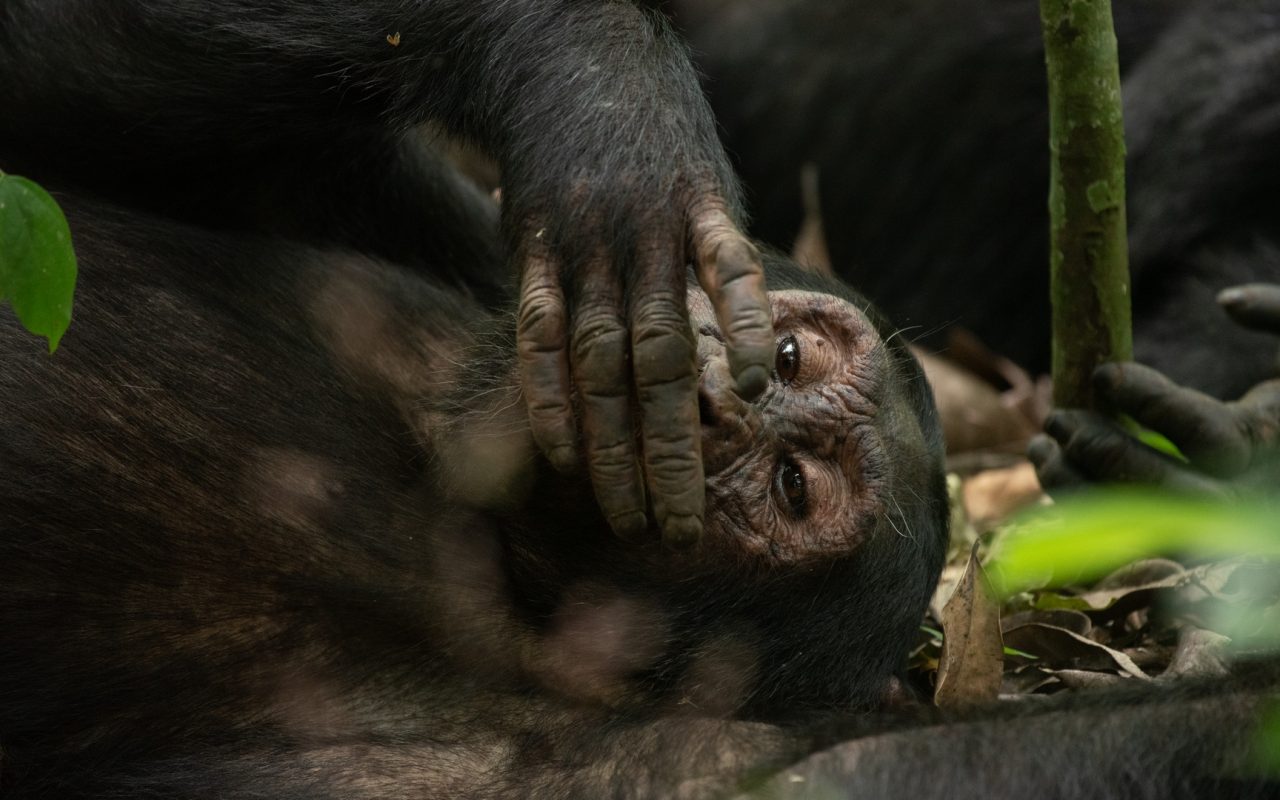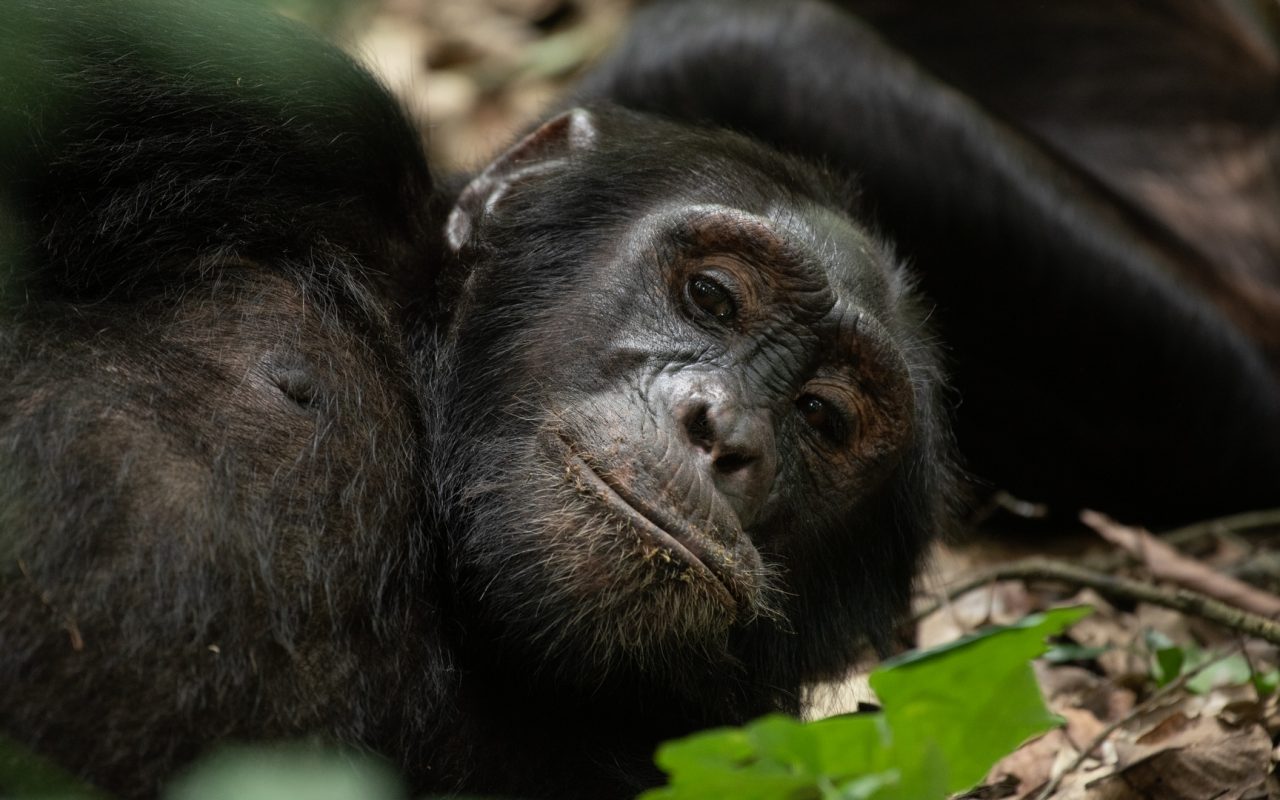Budongo Forest Reserve – All You Need to Know BEFORE You Go Facts, Map, Size, & Reviews with Photos and Videos
Budongo Forest Reserve – All You Need to Know BEFORE You Go Facts, Map, Size, & Reviews with Photos and Videos. Chimpanzee Tracking, Getting There, Accommodation, and Camping. Budongo Forest Reserve is a protected area located in western Uganda, spanning the districts of Masindi and Hoima. It is part of the larger Budongo Forest, which extends into the Murchison Falls National Park. The forest is situated along the Albertine Rift, a region known for its high biodiversity.
When visiting natural reserves like Budongo Forest, it’s essential to adhere to ethical and sustainable tourism practices to minimize the impact on the environment and wildlife. Additionally, supporting local conservation efforts can contribute to the long-term preservation of these important ecosystems.
It is renowned for its rich biodiversity, including a variety of plant and animal species. It is home to a significant population of chimpanzees, making it a popular destination for chimpanzee tracking and research.
The Budongo Forest Reserve is one of the places where researchers have conducted habituation programs for chimpanzees. This involves acclimating chimpanzees to the presence of humans, allowing for closer observation and research on their behavior.
What to Do in Budongo Forest Reserve?
Budongo Forest Reserve offers a range of activities for visitors interested in exploring its rich biodiversity and natural beauty. Before visiting Budongo Forest Reserve, it’s advisable to check with Deks Tours Ltd for the latest information on activities, guidelines, and any necessary permits. Always prioritize the well-being of the wildlife and the conservation of the natural environment during your visit.
- Chimpanzee Tracking
- Bird WatchingNature Walks and Hiking
- Forest Canopy Walk
- Educational Programs
- Cultural Experiences
- Photography
- Conservation Volunteering
Chimpanzee Tracking in Budongo Forest Reserve
Chimpanzee tracking in Budongo Forest Reserve is a popular and rewarding activity for visitors interested in observing these fascinating primates in their natural habitat. Remember that the guidelines and procedures for chimpanzee tracking may vary, so it’s essential to follow the instructions provided by your guide and the reserve authorities. Additionally, always prioritize the well-being and conservation of the chimpanzees and their habitat.
It is typically conducted through guided tours led by experienced and knowledgeable guides. These guides are familiar with the behavior and habits of the chimpanzees, increasing the chances of successful sightings.
Before embarking on a chimpanzee tracking adventure, you’ll likely need to obtain a permit. Permits help regulate the number of visitors and ensure sustainable tourism practices. Check with Deks Tours Ltd to secure the necessary permits in advance.
Chimpanzee tracking activities often start early in the morning. Chimpanzees are more active during this time, making it easier to spot them and observe their natural behaviors. Be prepared for an early start and dress appropriately for the forest environment.
Bird Watching in Budongo Forest Reserve
Bird watching in Budongo Forest Reserve is a delightful experience for bird enthusiasts. The forest is home to a diverse array of bird species, making it an ideal destination for those interested in avian biodiversity.
Remember that the bird species you may encounter can vary, so it’s beneficial to check with local guides or reserve authorities for up-to-date information. Bird watching in Budongo Forest is not just about the variety of species but also about the immersive experience of being in a lush and vibrant tropical forest.
Binoculars are essential for getting a closer look at birds high in the canopy or at a distance. Carry a field guide specific to the birds of Uganda or the Albertine Rift region to help identify the various species you may encounter.
Consider hiring a local birding guide who is familiar with the specific bird species in Budongo Forest. They can enhance your birding experience by identifying and providing information about the birds.
Early mornings and late afternoons are generally the best times for bird watching when birds are most active. Many bird species are more vocal and visible during these times.
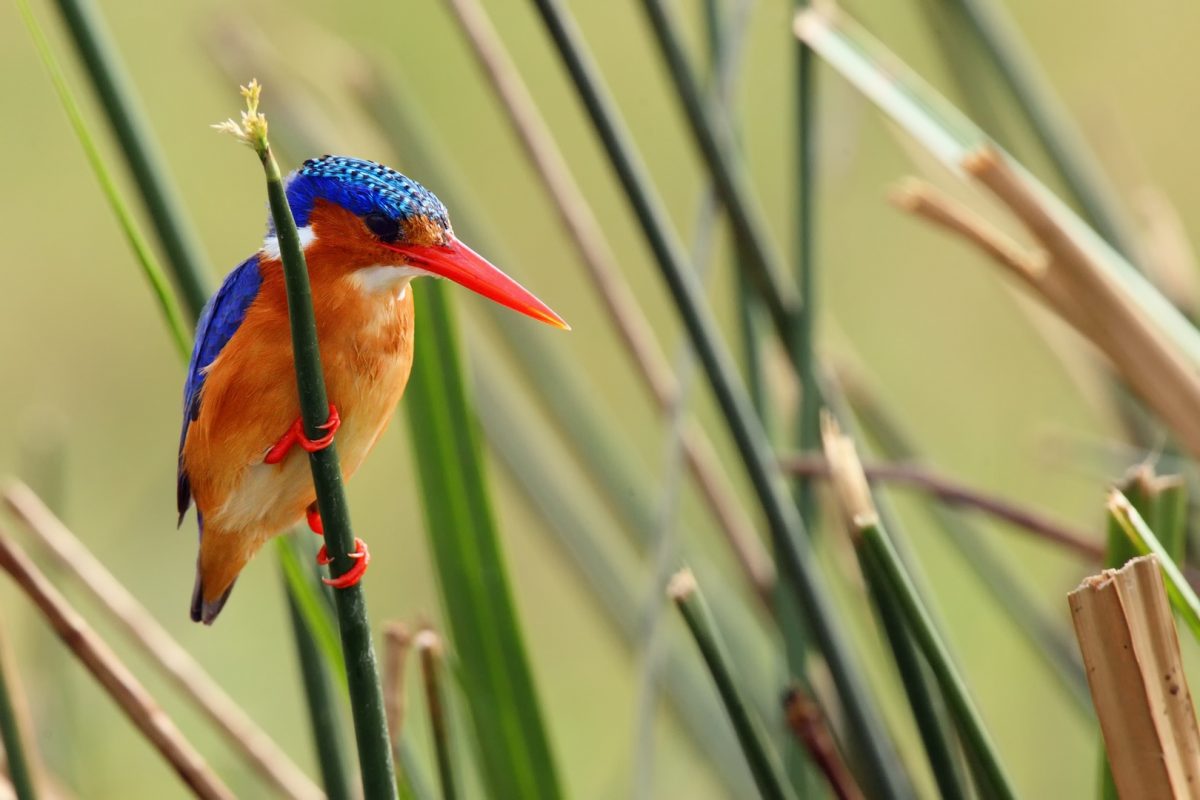
The malachite kingfisher (Corythornis cristatus) sitting on the reed. Kingfisher with green background. Kingfisher sitting on the reed
Nature Walks and Hiking in Budongo Forest Reserve
Nature walks and hiking in Budongo Forest Reserve offer a wonderful opportunity to explore the diverse ecosystems, flora, and fauna of this lush tropical forest. Remember to check with the reserve authorities or guides for the most up-to-date information on trial conditions, possible trail closures, and any specific guidelines for visitors. Enjoy the beauty and tranquility of Budongo Forest while respecting its ecological significance.
Budongo Forest Reserve typically has designated trails of varying lengths and difficulty levels. Choose a trail that suits your fitness level and the time you have available.
Consider taking guided nature walks or hikes. Knowledgeable guides can enhance your experience by providing information about the different plant and animal species, as well as the ecological significance of the forest.
Start your nature walk or hike early in the morning when the forest is alive with activity. This is also the best time for bird watching and observing other wildlife. Dress in comfortable, lightweight, and moisture-wicking clothing suitable for the forest environment. Sturdy hiking shoes are recommended for uneven terrain.
Forest Walk in Budongo Forest Reserve
A forest walk in Budongo Forest Reserve is a fantastic way to immerse yourself in the natural beauty and biodiversity of this lush tropical forest. A forest walk in Budongo Forest Reserve allows you to connect with nature, learn about the forest’s ecology, and enjoy the serenity of this remarkable environment. Always prioritize responsible and sustainable tourism practices to preserve the natural beauty of the area.
Check if you need any permits for the forest walk. Some areas may have entry fees or specific regulations for visitors. Ensure you are aware of and adhere to these rules.
Consider hiring a local guide who is familiar with the trails and can provide insights into the flora, fauna, and history of the forest. Guides can enhance your experience and help you spot wildlife.
Wear comfortable clothing suitable for walking in a forest environment. Sturdy hiking shoes are recommended, as the terrain may be uneven. Bring essentials such as water, snacks, sunscreen, insect repellent, and a hat. Consider carrying a small backpack for convenience.
Cultural Experiences in Budongo Forest Reserve
While Budongo Forest Reserve is primarily known for its rich biodiversity and natural attractions, there are opportunities to engage in cultural experiences that offer insights into the lives of the local communities surrounding the forest.
Before engaging in cultural experiences, it’s crucial to approach them with respect and cultural sensitivity. Always seek permission before taking photographs, and be open to learning and appreciating the diversity of traditions and lifestyles in the region surrounding Budongo Forest Reserve. Additionally, consider consulting with local guides or community leaders to ensure that your cultural interactions are conducted ethically and responsibly.
Arrange visits to nearby communities to learn about the local culture and traditions. This may include interactions with community members, visits to homes, and participation in cultural activities.
Experience traditional dances and music performances that showcase the cultural heritage of the communities near Budongo Forest. These performances often incorporate storytelling and convey the history and values of the community.
Participate in craft workshops where you can learn traditional skills such as basket weaving, beadwork, or other crafts unique to the local culture. This not only provides an educational experience but also supports local artisans.
Photography in Budongo Forest Reserve
Photography in Budongo Forest Reserve can be a rewarding experience given its diverse flora, fauna, and vibrant ecosystems. Remember to prioritize the well-being of the forest and its inhabitants. By capturing and sharing the beauty of Budongo Forest, you can contribute to raising awareness about the importance of conservation and sustainable practices.
Familiarize yourself with the specific rules and regulations regarding photography in the reserve. Some areas may have restrictions to protect the wildlife and their habitats.
Bring a camera with manual settings to have control over your shots. Consider a DSLR or a mirrorless camera for more advanced photography. However, even a good quality smartphone camera can capture stunning images.
Pack a variety of lenses to accommodate different photographic situations. A telephoto lens can be useful for wildlife shots, while a wide-angle lens is great for capturing the expansive forest landscape.
How to Get to Budongo Forest Reserve?
Getting to Budongo Forest Reserve typically involves travel to the surrounding regions in western Uganda. The primary gateway cities for reaching Budongo Forest Reserve include Masindi and Hoima. Always check for updated travel information, road conditions, and any travel restrictions that may be in place. Additionally, confirm the specific entrance points to Budongo Forest Reserve based on your chosen route and activities.
Here’s a general guide on how to get to Budongo Forest Reserve:
By Air
Entebbe International Airport (EBB): Start by flying into Entebbe International Airport, the main international airport in Uganda. Many international flights arrive at this airport.
Domestic Flights: From Entebbe, you can take a domestic flight to either Pakuba Airfield or Kasese Airstrip, depending on the availability of flights. Pakuba Airfield is closer to Budongo Forest Reserve.
By Road
From Kampala: If you’re in Kampala, the capital city of Uganda, you can travel to Budongo Forest Reserve by road. The journey typically takes about 4-6 hours, depending on the specific location within the reserve.
Public Transportation: Public buses and minibusses operate between major towns and cities in Uganda. You can take a bus to Masindi or Hoima and then arrange for local transportation to Budongo Forest Reserve.
Where to Stay in Budongo Forest Reserve?
Accommodation options in and around Budongo Forest Reserve range from budget to upscale lodges and camps. When choosing accommodation, consider your preferences, budget, and the specific activities you plan to undertake within Budongo Forest Reserve. It’s advisable to make reservations in advance, especially during peak tourist seasons. Additionally, check reviews and ratings to ensure that the chosen accommodation aligns with your expectations.
- Budongo Eco Lodge
- Masindi Hotel
- Pakuba Safari Lodge
- Budongo Forest Homestays
- Murchison River Lodge
- Kaniyo Pabidi Campsite
- Budongo Jungle Lodge
- Paraa Safari Lodge
Best Time to Visit Budongo Forest Reserve
The best time to visit Budongo Forest Reserve depends on your preferences for weather, wildlife sightings, and specific activities. Generally, Uganda experiences a tropical climate with two main seasons: a dry season and a wet season.
Always check current weather conditions and any travel advisories before planning your visit. Additionally, if your primary interest is chimpanzee tracking, it’s advisable to confirm the availability of permits and the specific conditions for tracking during the time of your visit.
Dry Season (June to September and December to February)
This is generally considered the best time to visit Budongo Forest Reserve.
- Weather: The dry season brings drier and more stable weather conditions with lower chances of rainfall. Days are often sunny, making it pleasant for outdoor activities.
- Wildlife Sightings: Wildlife tends to gather around water sources during the dry season, making it easier to spot animals during activities like chimpanzee tracking.
- Chimpanzee Tracking: The drier months are preferable for chimpanzee tracking, as trails are less muddy and challenging.
Wet Season (March to May and October to November)
The wet season is characterized by regular rainfall.
- Weather: Rainfall during the wet season can make trails muddy and may lead to challenging trekking conditions. Roads might be more difficult to navigate.
- Bird Watching: The wet season is excellent for bird watching, as migratory birds are often present, and the forest is lush and vibrant.
- Green Landscape: The forest comes alive with greenery during the wet season, creating a lush and picturesque environment.
Bird Migration (November to April)
Bird watchers may find the months of November to April particularly appealing, as this is the time when migratory bird species are present in the region.
Chimpanzee Habituation Experience
The chimpanzee habituation experience, which involves spending more extended periods with chimpanzees to observe and document their behavior, is typically available year-round but may be affected by weather conditions.
Luxury Africa Tours & Holidays – Deks Safaris and Tours Ltd
- 6 Days Uganda Adventure Tour
- 6 Days Uganda Safari
- 7 Days Uganda Safari
- 7 Days Uganda Tour
- 8 Days Uganda Safari
- 8 Days Uganda Tour
- 9 Days Uganda Safari
- 9 Days Uganda Tour
- 9 Days Uganda Wildlife Tour
- 15 Days Uganda Cycling Tour
- 15 Days Best of Uganda Safari
- 15 Days Ultimate Uganda Safari
- 21 Days Around Uganda Safari
- 21 Days Uganda Safari

